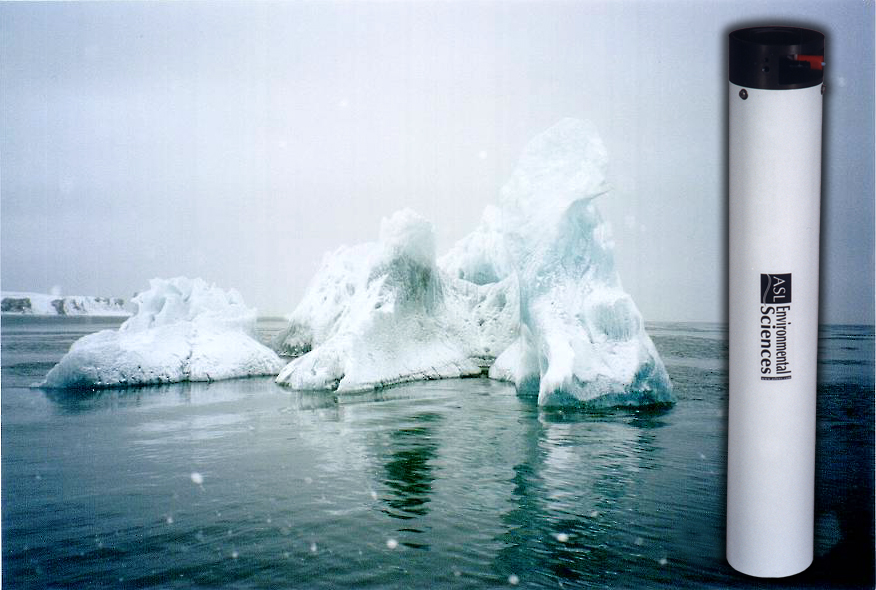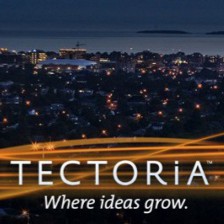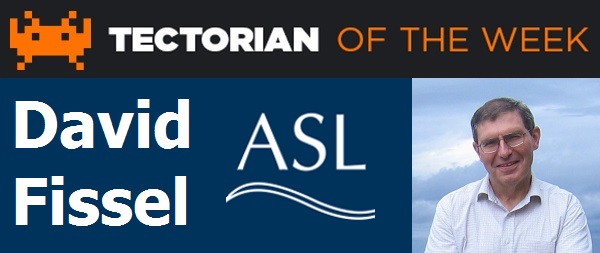Our Tectorian of the Week is David Fissel, who serves as Chair & Senior Scientist of ASL Environmental Services and has been a longtime tech community supporter, booster and cheerleader.
ASL Environmental Sciences provides scientific oceanographic services, specializing in physical oceanography. The company develops technologies and processes aimed at measuring currents, waves, sea ice, and sediment. Applications include everything from offshore energy exploration and production to understanding climate change and salmon spawning.
The company currently is currently based at a large facility just off Keating X Road in Saanichton, and has grown to 50 employees. Many of ASL employees are UVic grads who now work as engineers, computer scientists, and physicists to create cutting-edge technologies.
Setting out with a vision and a desire to make things happen
David is our Tectorian of the Week because he represents the potential of what can be achieved by setting out equipped with a vision and the desire to make things happen.
Over the course of David’s career he has helped play a role building BC’s ocean technology sector, which David estimates generates annual provincial revenues of $1.1 billion while employing nearly 5,500 people. And many of those people work on the Saanich Peninsula at companies like ASL.
After completing an M. Sc. in physical oceanography at the University of British Columbia in 1975, David worked on contract as a research oceanographer at the Institute of Ocean Sciences of the Department of Fisheries and Oceans (DFO) in Sidney, on the Saanich Peninsula.
Two years later, in 1977, David co-founded ASL Environmental Sciences (originally Arctic Sciences Ltd.), and has held a number of senior positions in the company as it has grown to become Canada’s largest physical oceanographic company and a trusted name internationally.
Cool ocean technologies developed on the Saanich Peninsula
Two recent, incredibly cool technologies developed by ASL include the Ice Profiler Sonar, and the Acoustic Zooplankton and Fish Profiler.

The Ice Profiler Sonar is used for polar science, climate studies, environmental assessment, and to help design offshore oil and gas platform to operate in challenging environments.

The Acoustic Zooplankton and Fish Profiler is used by research labs to observe the vertical migration of zooplankton.
ASL has been involved with the the VENUS and NEPTUNE projects from the very beginning. Other ASL customers and partners include the world-famous Woods Hole Oceanographic Institution, the Scripps Institution of Oceanography, and the British Antarctic Survey.
In another interesting project, ASL is working with the University of Georgia to build an instrument that will be installed in 2016 at the Ocean Networks Canada NEPTUNE cabled observatory at the Endeavour hydrothermal vent site, approximately 300 km off the west coast of Vancouver Island, 2200 meters beneath the surface of the ocean.
The instrument will measure the rise velocity of the plume and its turbulent properties in real time. The goal of the project is to better understand the interaction between hydrothermal vent fluids and the surrounding ocean and how that supports the unique ecosystem found at the vents.

A strong booster for the tech sector
David Fissel also deserves credit for tirelessly supporting Greater Victoria’s advanced technology sector.
Besides helping develop and foster collegial atmosphere among the various ocean technology companies that call the Saanich Peninsula and Greater Victoria home, David also has long supported the Sidney Breakfast Club. The Sidney Breakfast Club has acted as an event where entrepreneurs, inventors and others can come together to make connections, share ideas, and support one another.
This desire to help each other out is part of our collective DNA in Victoria, and David Fissel has helped foster this sense of community.


Follow Us!